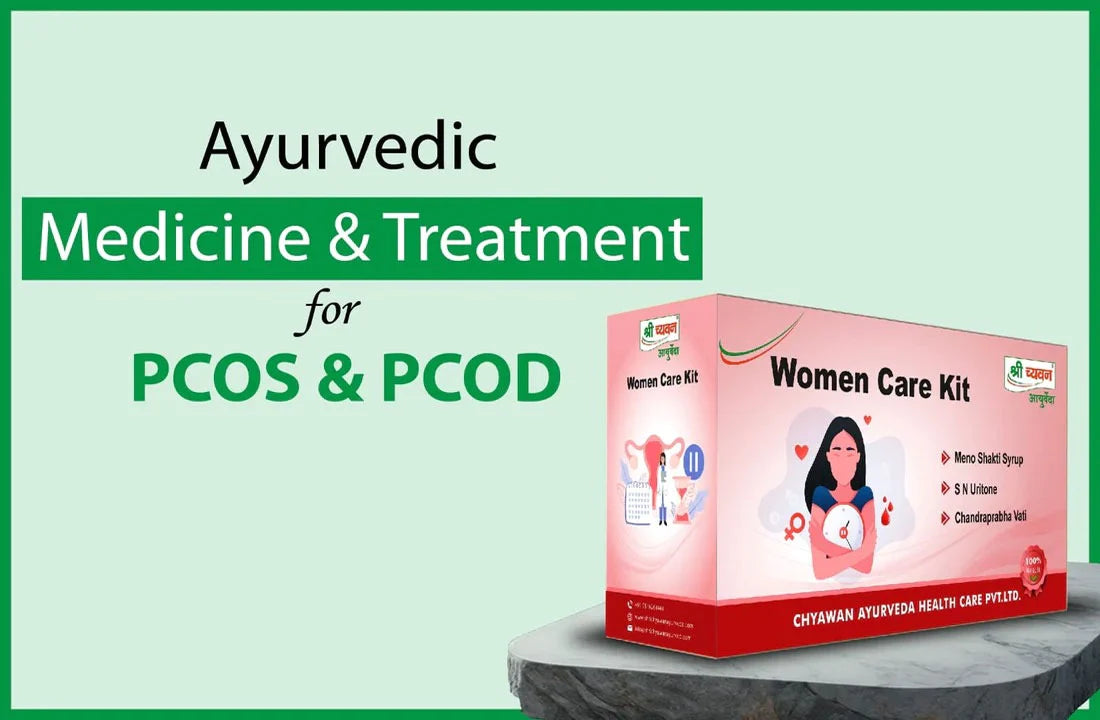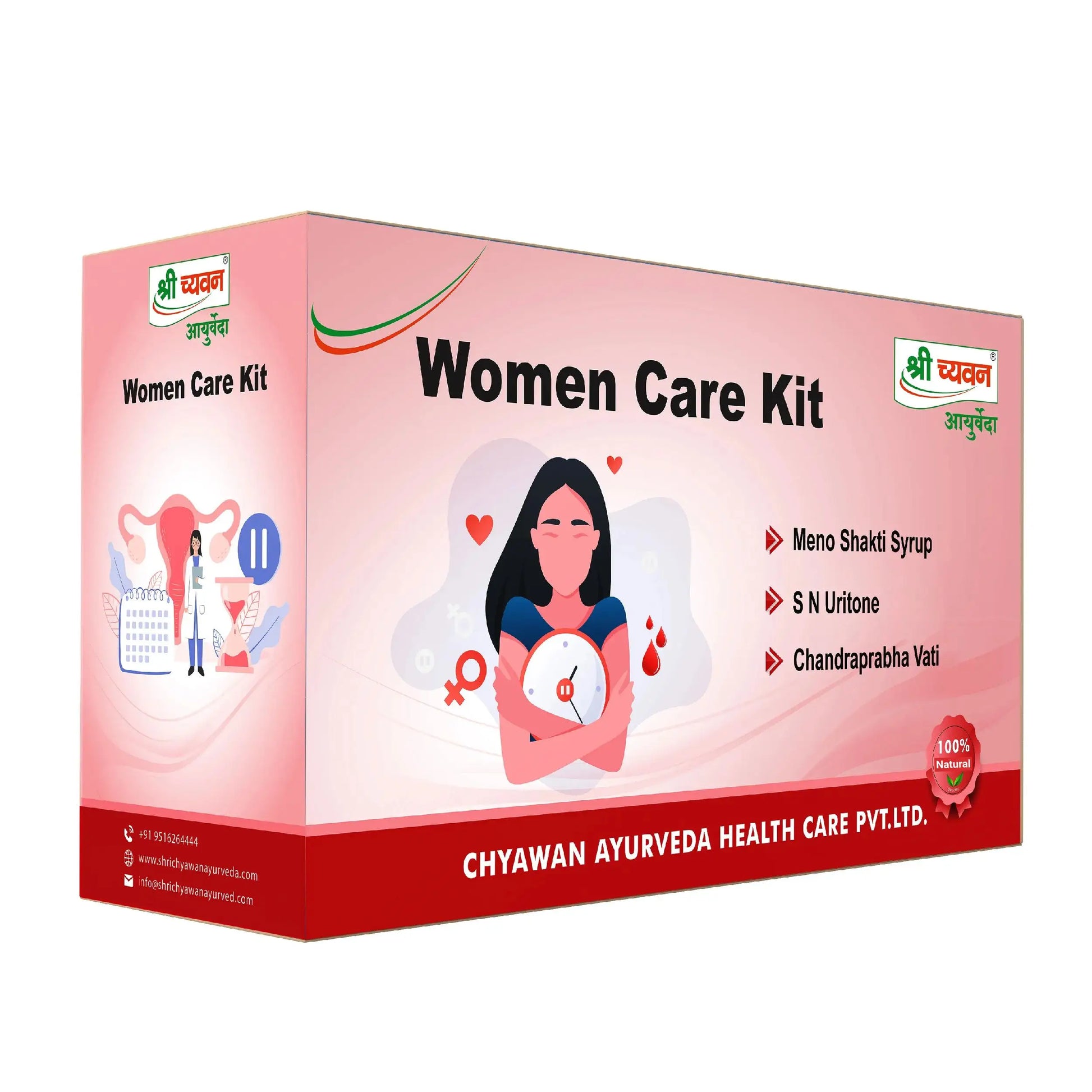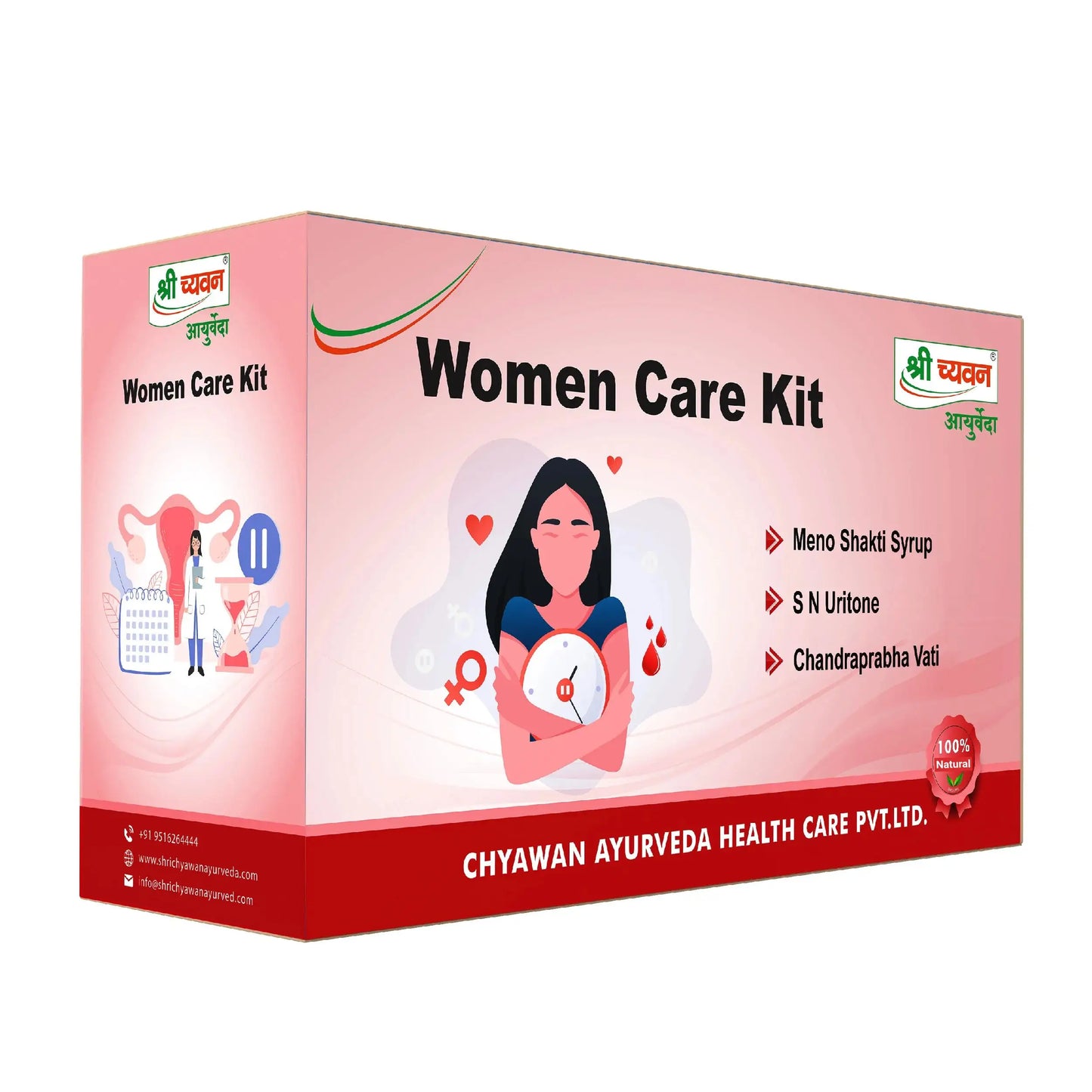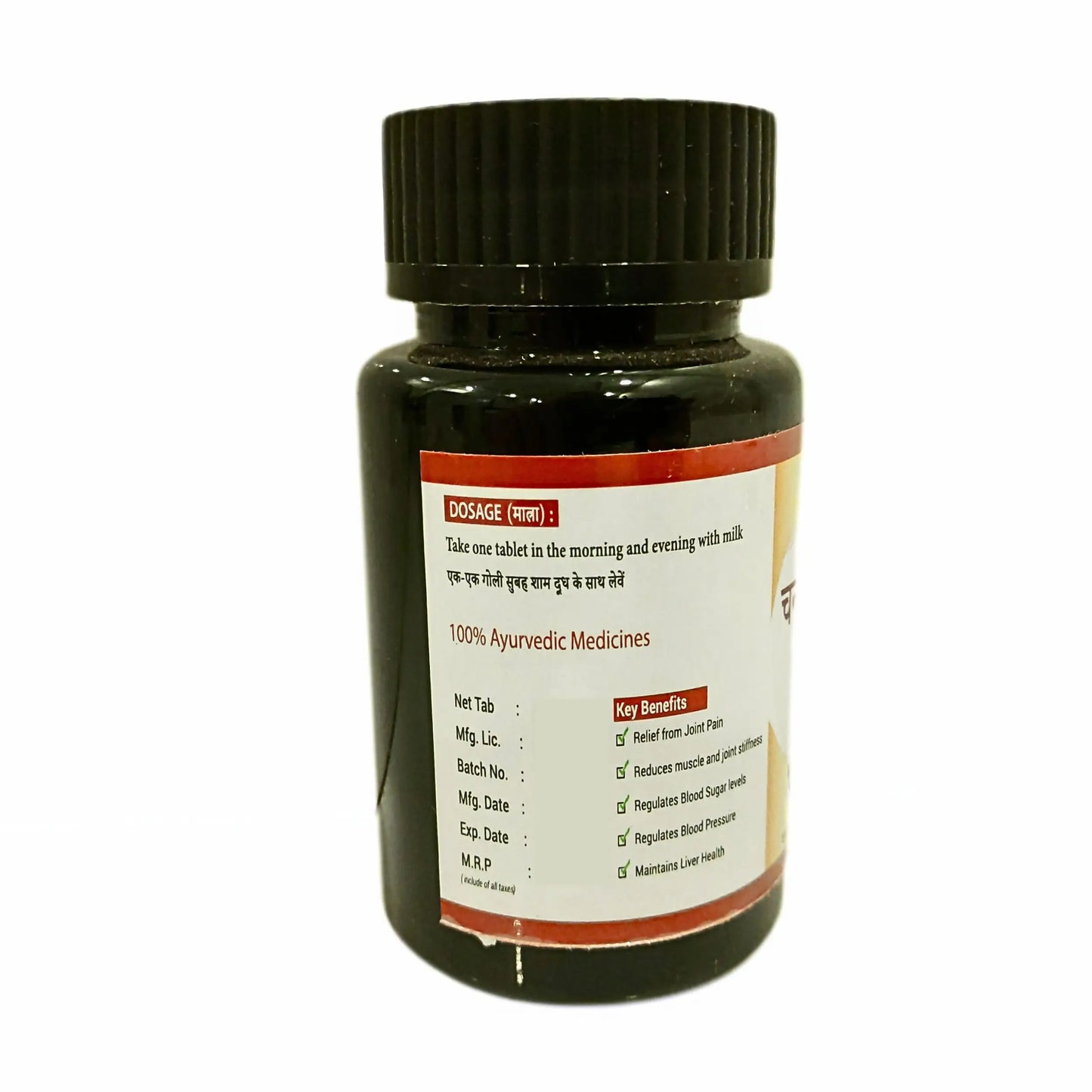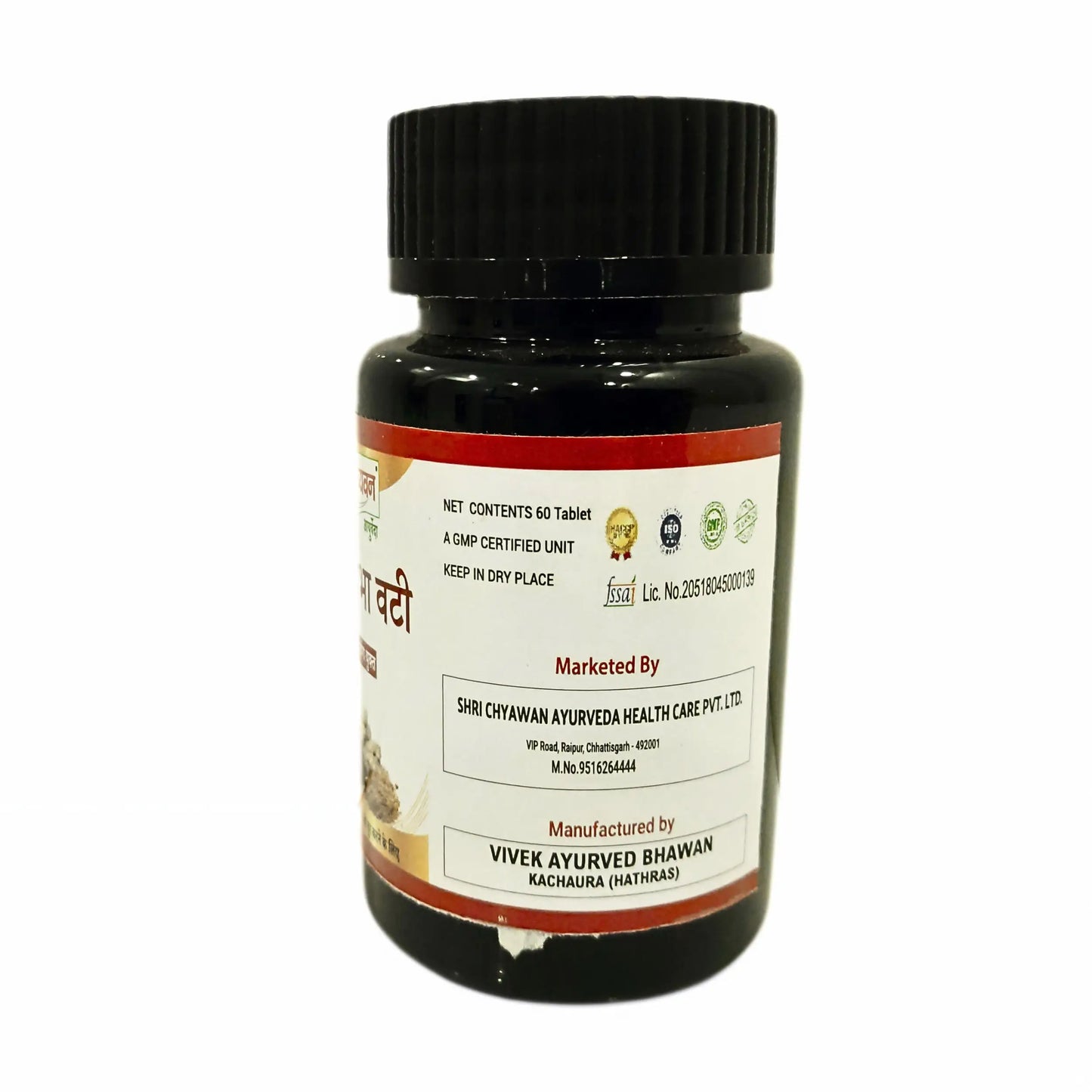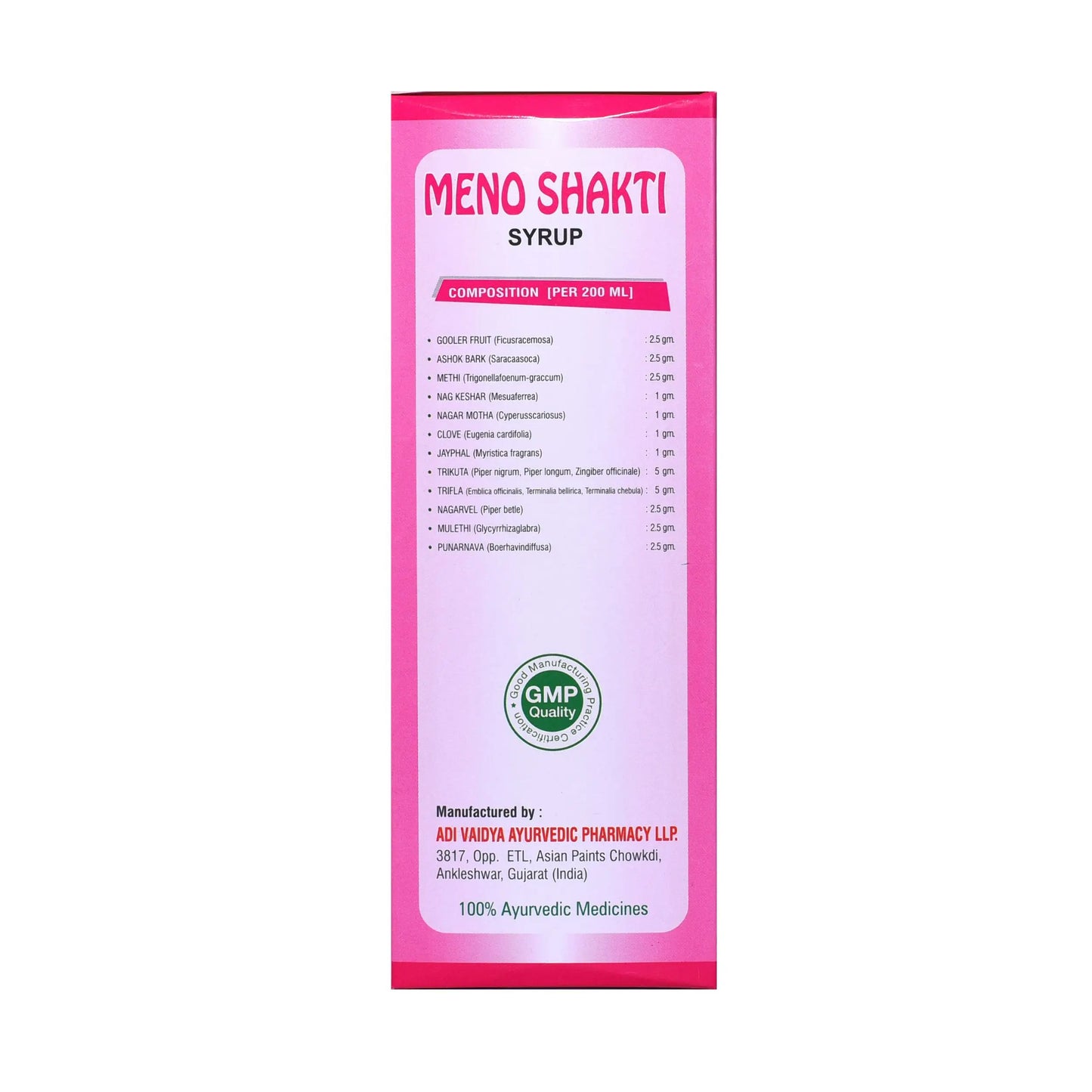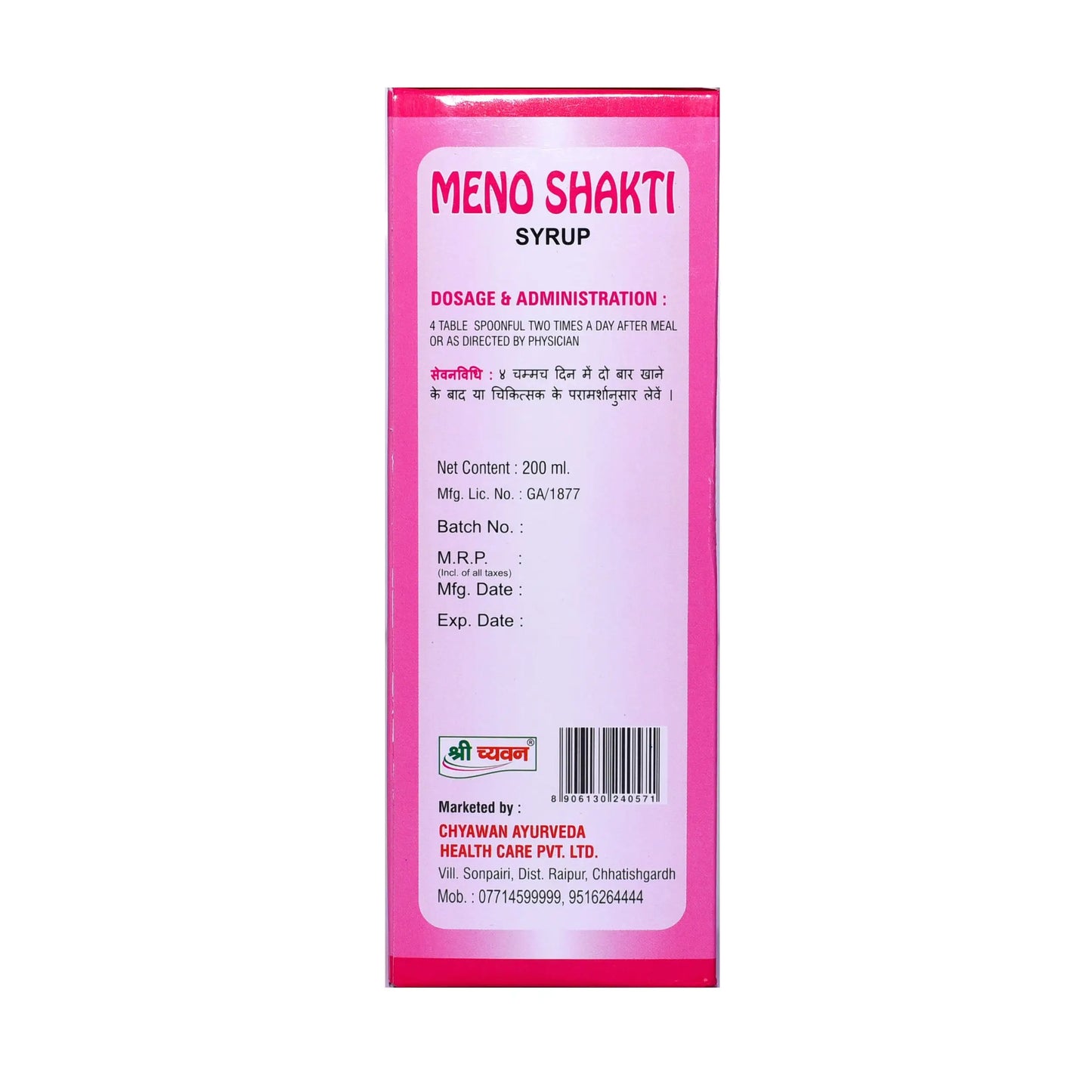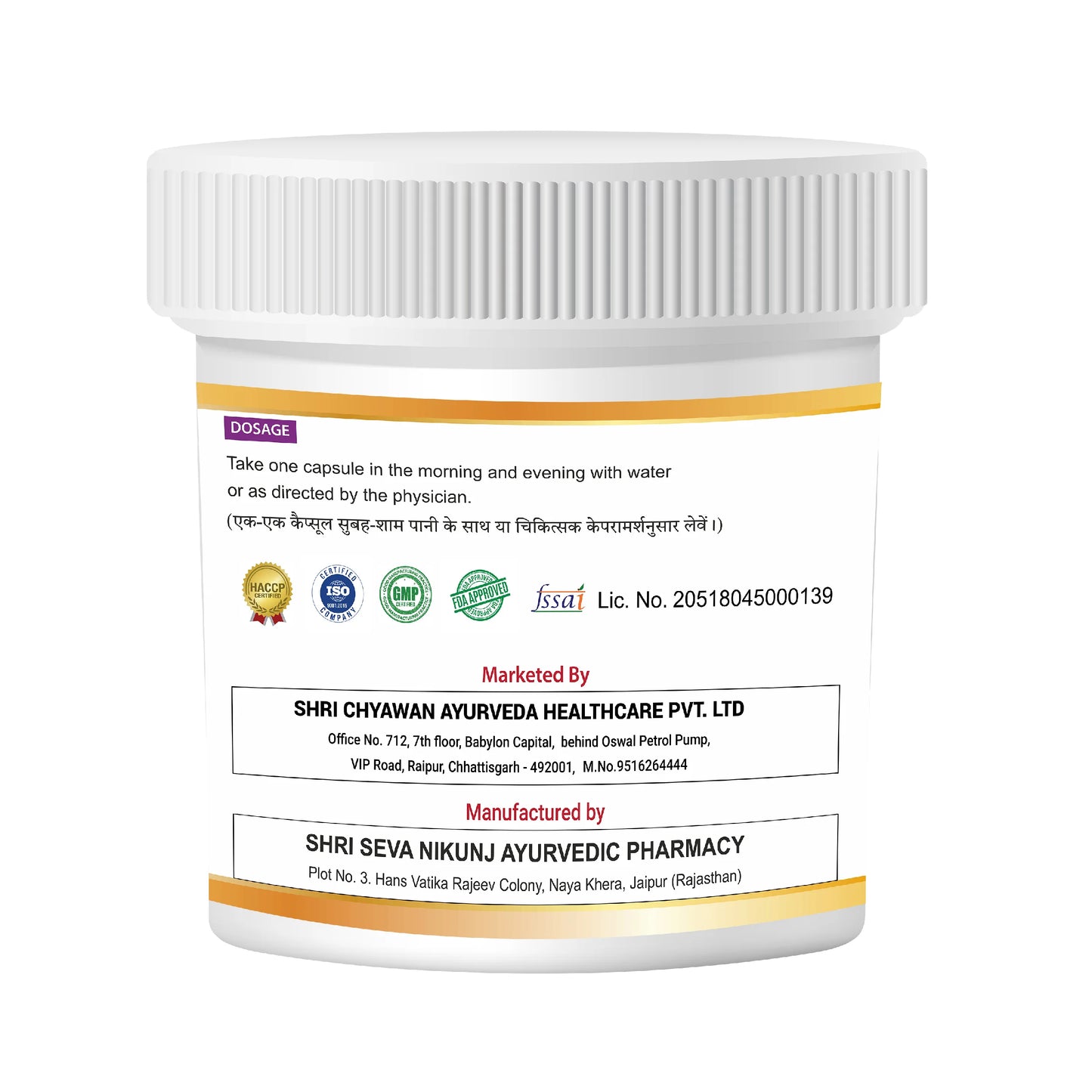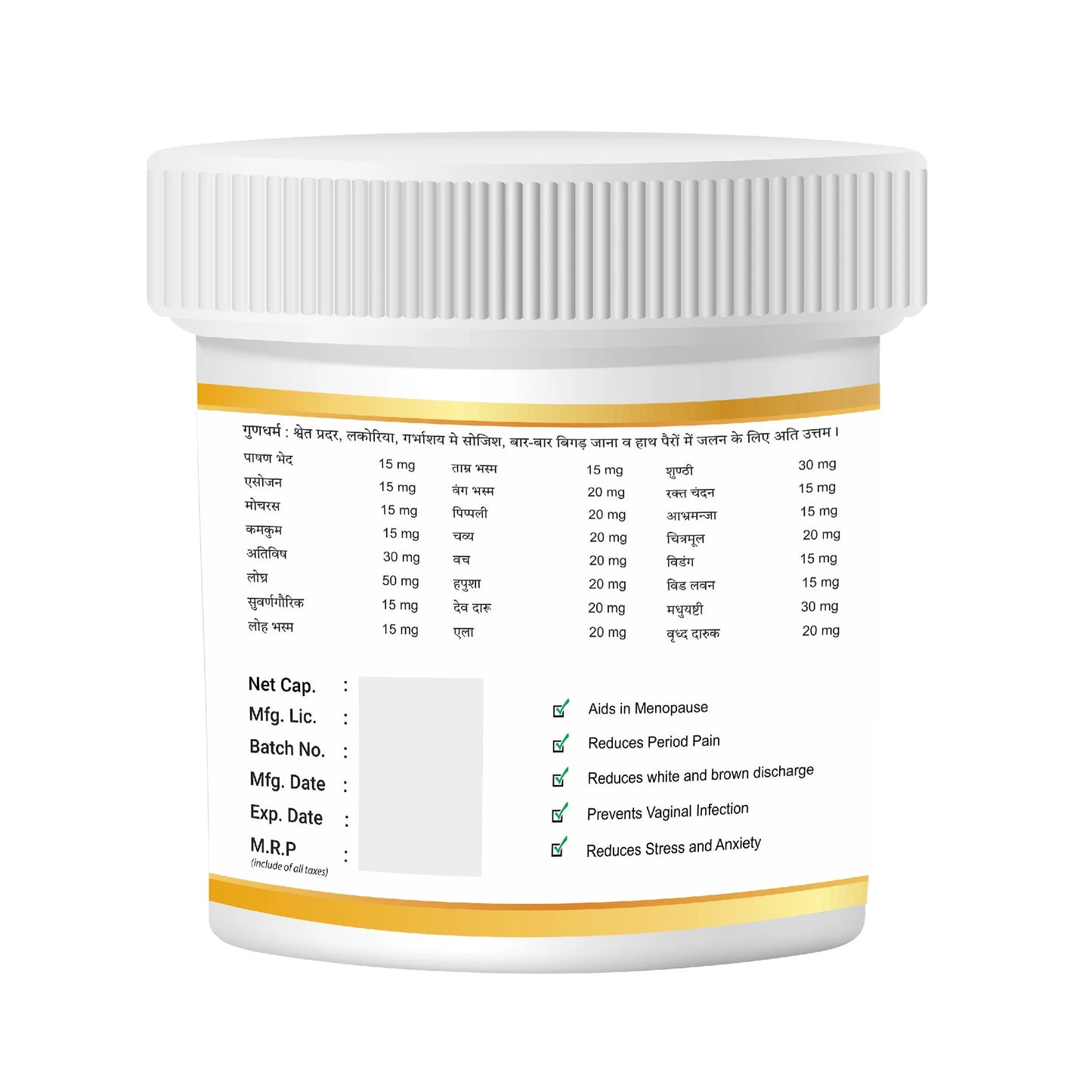What is PCOD/PCOS?
Polycystic Ovary Syndrome (PCOS), also known as Polycystic Ovarian Syndrome (PCOS), and Polycystic Ovary Disease (PCOD), are terms often used interchangeably to describe a hormonal disorder that affects people with ovaries, primarily during their reproductive years. PCOS/PCOD is a common health condition that can have a significant impact on a person's life.
How common is it in India?
As for its prevalence in India, PCOS is a significant health concern and is known to be relatively common among Indian women. According to various studies and estimates, the prevalence of PCOS in India can vary, but it is generally believed to affect around 5% to 10% of women of reproductive age. However, the exact numbers may vary depending on the diagnostic criteria used and the population studied.
The prevalence rate of PCOS is high among Indian women. The pooled prevalence of PCOS was close to 10% using Rotterdam's criteria and AES criteria, while it was 5.8% using NIH criteria. The study's overall finding emphasizes the need for more acceptable and uniform diagnostic criteria for screening PCOS.
PCOS can have a considerable impact on the health and quality of life of those affected, so it is important to seek medical advice and appropriate management if you suspect you may have PCOS or are experiencing its symptoms. Early diagnosis and intervention can help mitigate the long-term health risks associated with this condition.
What is the difference between PCOD/PCOS?
Polycystic Ovary Syndrome (PCOS):
PCOS is a complex hormonal disorder that primarily affects individuals with ovaries during their reproductive years. It is characterized by a combination of signs and symptoms related to hormonal imbalances and disrupted ovarian function. While the exact cause of PCOS is not fully understood, it is thought to involve both genetic and environmental factors. Here are the key aspects of PCOS:
-
Hormonal Imbalances: PCOS is marked by an imbalance in sex hormones, particularly an excess of androgens (male hormones) like testosterone. High androgen levels can lead to various symptoms, including acne, excessive hair growth (hirsutism), and hair thinning on the scalp.
-
Menstrual Irregularities: Women with PCOS often experience irregular menstrual cycles. This can manifest as missed periods, infrequent periods, heavy bleeding, or prolonged periods. Ovulation may also be irregular or absent, which can contribute to fertility issues.
-
Ovarian Cysts: Not all individuals with PCOS develop cysts on their ovaries, despite the name. However, some may have multiple small cysts, which are actually follicles that have not matured properly. These cysts are not harmful but are one of the diagnostic criteria for PCOS.
-
Metabolic Problems: PCOS is associated with metabolic issues, including insulin resistance, where the body's cells don't respond well to insulin. This can lead to elevated insulin levels and an increased risk of type 2 diabetes, obesity, and cardiovascular problems.
-
Symptoms: In addition to the above, PCOS can cause a range of symptoms, including weight gain or difficulty losing weight, fatigue, mood changes, and skin issues such as skin tags and darkening of the skin in certain areas (acanthosis nigricans).
- Long-Term Health Risks: PCOS is associated with several long-term health risks, including an increased risk of diabetes, heart disease, high blood pressure, and endometrial cancer (cancer of the uterine lining).

Polycystic Ovary Disease (PCOD):
PCOD is essentially the same condition as PCOS, with the main difference being the nomenclature used in different regions. PCOD stands for "Polycystic Ovary Disease" and is a term commonly used in India and some other parts of the world. It describes the same hormonal disorder characterized by ovarian cysts, irregular periods, and other associated symptoms as PCOS.
Diagnosis and Management:
Diagnosing PCOS/PCOD typically involves a combination of medical history, physical examination, blood tests (to assess hormone levels), and imaging studies (like ultrasound to check for ovarian cysts). Once diagnosed, the management of PCOS/PCOD may involve:
-
Lifestyle Modifications: These include dietary changes to improve insulin sensitivity, regular exercise, and weight management, which can help reduce symptoms and lower the risk of associated health problems.
-
Medications: Depending on the specific symptoms and needs of the individual, medications may be prescribed to regulate menstrual cycles, reduce androgen levels, and manage insulin resistance.
-
Fertility Treatment: If infertility is a concern, fertility medications and assisted reproductive techniques may be recommended.
-
Management of Symptoms: Treatment may also involve addressing specific symptoms like acne, hirsutism, and hair thinning through medications or cosmetic treatments.
- Regular Monitoring: Individuals with PCOS/PCOD should have regular check-ups to monitor their health, including blood pressure, cholesterol, and blood sugar levels.
It's important to note that the management of PCOS/PCOD is highly individualized, and treatment plans are tailored to each person's unique needs and goals. Early diagnosis and ongoing management can help improve the quality of life and reduce the long-term health risks associated with this condition.
How can you treat PCOD/PCOS through Ayurveda?
Ayurveda, a traditional system of medicine that has its roots in India, offers a holistic approach to health and wellness. Ayurvedic treatment for pcos/pcod focuses on balancing the body's doshas (biological energies) and addressing the root causes of the condition. It includes dietary and lifestyle changes, herbal remedies, and therapies to alleviate symptoms and promote overall well-being. However, it's essential to consult with a qualified Ayurvedic practitioner for personalized guidance and treatment plans.
Here are some common Ayurvedic approaches PCOS/PCOD Treatment:
- Dietary Modifications:
-
Balancing Doshas: Ayurveda emphasizes the importance of balancing the doshas, particularly Vata and Kapha doshas in the context of PCOS. This often involves avoiding foods that exacerbate these doshas and favoring those that pacify them.
-
Sattvic Diet: Ayurveda recommends a sattvic (pure) diet, which includes fresh, natural, and whole foods. A diet rich in vegetables, fruits, whole grains, and lean proteins is generally advised.
-
Avoidance of Triggering Foods: Some Ayurvedic texts suggest avoiding dairy, refined sugars, processed foods, and excessive consumption of cold, heavy, or oily foods, as they may contribute to imbalances in the body.
- Herbal Remedies:
- Ayurvedic Herbs: Various Ayurvedic herbs are believed to be beneficial for managing PCOS. These may include:
- Ashwagandha (Withania somnifera) to help reduce stress and balance hormones.
- Shatavari (Asparagus racemosus) for hormonal balance.
- Triphala for digestive health and detoxification.
- Guduchi (Tinospora cordifolia) for immune support.
- Turmeric (Curcuma longa) for its anti-inflammatory properties.
-
Herbal Formulations: Ayurvedic practitioners may prescribe specific herbal formulations tailored to an individual's constitution and symptoms.
- Lifestyle Practices:
-
Yoga and Pranayama: Regular practice of yoga and pranayama (breathing exercises) can help reduce stress, improve hormonal balance, and enhance overall well-being.
-
Meditation: Meditation is recommended to reduce stress, which can be a contributing factor in PCOS. Stress management techniques are integral to Ayurvedic treatment.
- Panchakarma Therapy:
-
Detoxification: Panchakarma is a set of purification and detoxification therapies in Ayurveda. It may be recommended to cleanse the body and balance doshas. Specific therapies within Panchakarma can be tailored to an individual's needs.
- Consultation with an Ayurvedic Practitioner:
-
Individualized Approach: Ayurvedic treatment is highly individualized. An Ayurvedic practitioner will assess your unique constitution, imbalances, and symptoms to create a personalized treatment plan.
- Regular Follow-Up:
- Monitoring: It's important to have regular follow-up consultations with your Ayurvedic practitioner to track progress and make necessary adjustments to the treatment plan.
Ayurvedic treatment of PCOD/PCOS
Shri Chyawan Ayurveda has formulated an effective ayurvedic medicine for pcos (Polycystic ovary syndrome) or pcod (Polycystic Ovarian Disease) - Women Care Kit. It is made up of a combination of natural and ayurvedic products which makes it trustworthy and on the other hand safe for use.
It is also recommended as best ayurvedic medicine for irregular periods, Menopause, period pain, and white discharge treatment with proven results.
The Women Care Kit contains -
1. Chandraprabha Vati: Shri Chyawan Ayurveda's Chandraprabha Vati helps to reduce the level of uric acid, keeping vaginal infections away.
Ingredients: It consists Swarn Bhasm, Vai Vidang, Chitrak Bark, Daruharidra, Devdaru, Camphor, Pipalmool, Nagarmotha, Pippal, Kali Mirch, Yavkshar, Vach, Dhania, Chavya, Gajpipal, Sounth, Sendha Namak, Nishoth, Dantimool, Tejpatra, Chhoti elaichi.
How to Use: Consume 1 tablet at night before going to bed.
- S.N. Uritone Capsule: Provides relief from period pain, irregular periods, white or brown discharge, and back and pelvic pain.
Ingredients: It consists of ingredients like Pashan Bhed, Esogen, Kumkum, Ativish, Logrh, Loh Bhasm, Madhuyasti, Tramr Bhasm, Vang Bhasm, Pipli, Chav, Vach, Hapusha, Dev Daru, Aela, Rakt Chandan, Chitramul.
How to Use: Twice a day after meals i.e. post lunch and dinner.
- Menoshakti Syrup: Helps in irregular periods and hormonal imbalance. It helps to maintain estrogen levels, considerably reduces stress and anxiety, and reduces hot flashes and night sweats. It is the best PCOD ayurvedic syrup available.
Ingredients: It consists of Gooler fruit, Ashoka Bark, Methi, Nag Keshar, Nagar Motha, Punarnava, Clove, Jaiphal, Trikuta, Triphala, Nagarvel, Mulethi.
How to Use: Consume 4 tablespoons twice a day after meals i.e., post lunch and dinner.
In conclusion, PCOS and PCOD are complex hormonal disorders that can significantly impact the lives of those affected. While there is no one-size-fits-all approach to treatment, it's crucial to consult with a healthcare professional for a personalized plan. With the right combination of lifestyle changes, medications, and support, individuals with PCOS and PCOD can manage their symptoms, improve their quality of life, and take control of their health. Remember, you are not alone in this journey, and there is hope for a healthier and happier future. Stay informed, stay proactive, and never underestimate the power of self-care and self-advocacy when it comes to managing these conditions. Together, we can raise awareness, reduce the stigma, and empower individuals to lead fulfilling lives despite the challenges posed by PCOS and PCOD.

